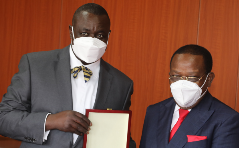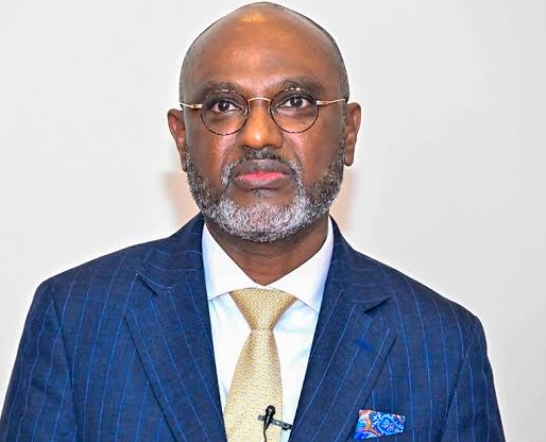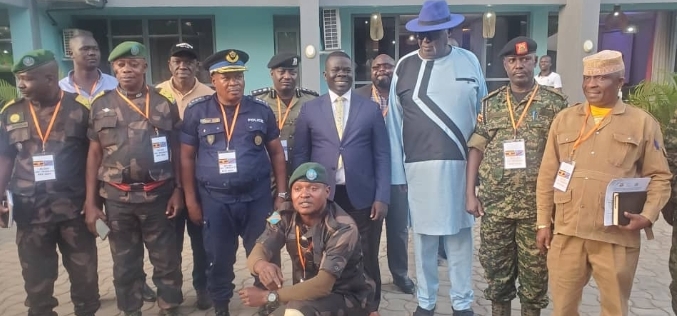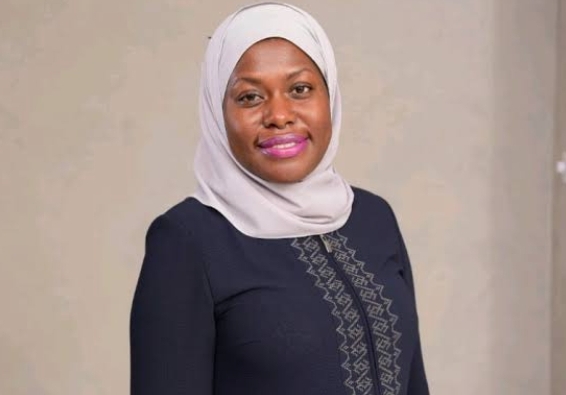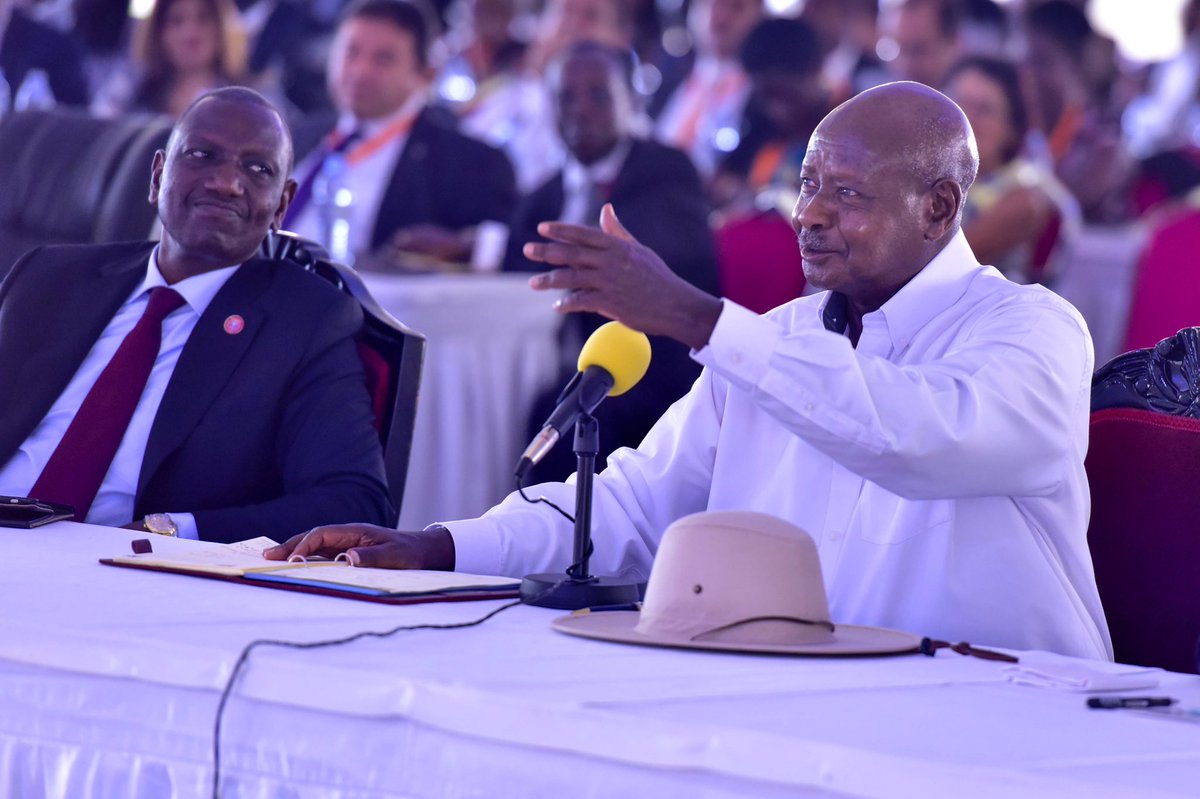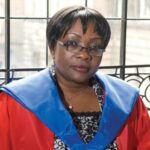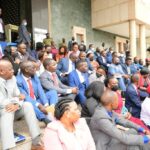The Speaker of Parliament, Jacob Oulanyah and the President of the Senate of the DR Congo, H.E. Modeste Bahati Lukwebo have agreed to foster bilateral relations that better the lives of their people.
In their meeting on Tuesday, 21 December 2021 at Parliament House, Oulanyah and Lukwebo rooted for regional federation to ease market accessibility of goods and services if the two neighbouring countries are to attain regional economic transformation.
“Regional cooperation is of essence to build a strong business setting and this kind of engagement consolidates the relationship between the two countries and businessmen. It is us, the leaders who are supposed to help our people to break the economic barriers,” Oulanyah said.
The Speaker welcomed his esteemed counterpart to Uganda and remained optimistic that such bilateral engagements will help break the chains and barriers that curtail trade and commerce between DR Congo and Uganda.
Oulanyah also requested that the two countries exchange delegations to facilitate wisdom and experience sharing.
H.E. Lukwebo, who arrived in the country on Sunday for a three-day state visit, thanked Uganda for the hospitality extended to DR Congo in order to boost regional trade and security.
“Ugandans and Congolese are the same people; we are brothers and sisters because we share names, culture and even the language. Therefore, we must be each other’s market,” Lukwebo said.
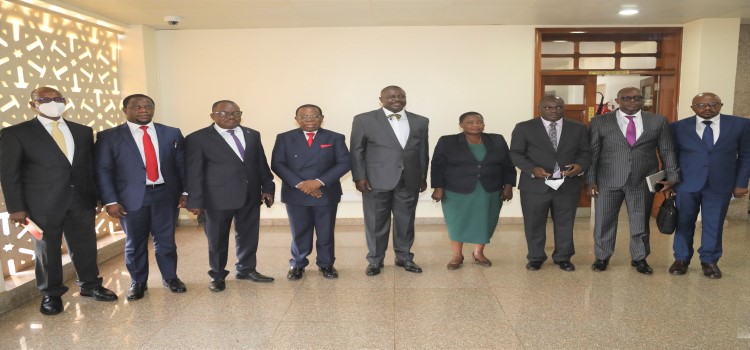
Oulanyah (C), Lukwebo (Fourth, left), Prime Minister Nabbanjja (Fourth, right) and other dignitaries in a group photo
Uganda’s Prime Minister, Robinah Nabbanja, thanked the DR Congo government for the support and collaboration aimed at building regional market and security.
Businessman Odrek Rwabwogo, who represented the Private Sector Foundation in Uganda, lauded the two governments for striving hard to create a favourable environment to facilitate trade and industry.
Uganda and the DR Congo enjoy excellent and cordial bilateral relations, reflecting a history of close political, economic and socio-cultural ties and common mutual interests pursued under the Joint Permanent Commission established in 1986 as a framework for bilateral cooperation.
![]()

